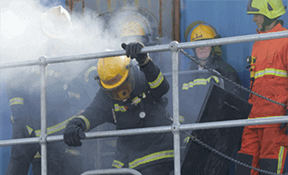
Maritime Offshore Training
Basic Safety Training
This course covers the basic safety training that all employees need to know. Topics include fire safety, first aid, personal protective equipment, and evacuation procedures. This course is a great way to ensure that your employees are prepared for any emergency situation.
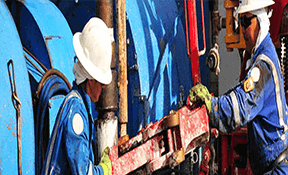
Maritime Offshore Training
Roustabout Course
An entry–level course for those interested in working on oil rigs, the Roustabout Course covers the basics of rig safety, maintenance and operation. Students will learn how to identify and safely use the various tools and equipment found on rigs, as well as how to perform basic repair and upkeep tasks. The course also covers basic rigging and lifting techniques, and students will have the opportunity to put these skills to use in a variety of hands–on exercises.

Maritime Offshore Training
Enclose Space Entry
This course is designed for individuals who need to enter and work in confined spaces. It provides participants with the knowledge and skills required to safely enter and work in confined spaces. The course covers the identification of confined spaces, the hazards associated with confined spaces, and the controls that should be in place to mitigate those hazards. Participants will also learn about the entry procedures that should be followed when entering a confined space.
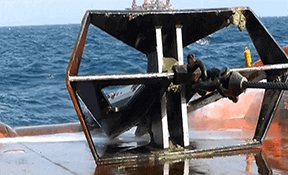
Maritime Offshore Training
Anchor Handling
Anchor handling is the process of attaching and detaching a ship to an anchor. It is a highly skilled and dangerous job, as it requires the use of large and heavy machinery.
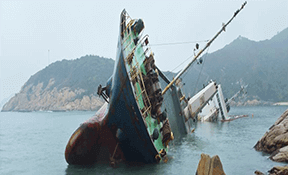
Maritime Offshore Training
Accident Investigation
Accident Investigation course is designed to provide participants with the knowledge and skills necessary to conduct an effective and efficient accident investigation. The course will cover the various methods of accident investigation, as well as the different tools and techniques that can be used. Participants will learn how to identify the root cause of an accident, as well as how to prevent future accidents from occurring.
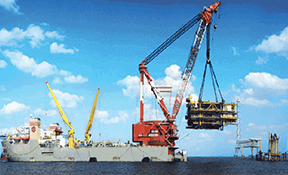
Maritime Offshore Training
Safe Lifting and Hoisting
This course will provide you with the knowledge and skills to safely lift and hoist loads. You will learn about different types of lifting and hoisting equipment, how to select the appropriate equipment for the job, and how to use the equipment safely.
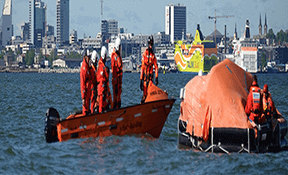
Maritime Offshore Training
Fast Rescue Boats Craft
The Fast Rescue Boats Craft course is designed to provide students with the knowledge and skills necessary to operate a fast rescue boat. The course covers topics such as boat handling, search and rescue techniques, and first aid. Upon completion of the course, students will be able to operate a fast rescue boat in a safe and efficient manner.

Maritime Offshore Training
Crane Operator
Crane operators use large machinery to move heavy objects. They operate cranes according to signal from the ground crew and use joysticks and pedals to control the movement of the crane arm and bucket.

Maritime Offshore Training
Designated Person Ashore
This course provides the delegate with the knowledge and skills required to effectively carry out the role and responsibilities of a Designated Person Ashore (DPA) as required by the International Convention on Standards of Training, Certification and Watchkeeping for Seafarers (STCW) 2010. The course covers the following topics: – The role and responsibilities of a DPA – The requirements of the STCW Convention – The requirements of the ISM Code – The company‘s Safety Management System – Emergency response procedures – Crisis management – Human factors Upon completion of the course, delegates will be able to: – Understand the role and responsibilities of a DPA – Understand the requirements of the STCW Convention and the ISM Code – Understand the company‘s Safety Management System – Respond effectively to emergencies – Manage a crisis situation – Apply human factors principles
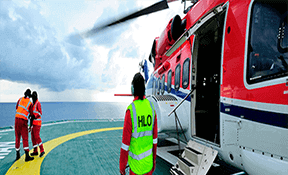
Maritime Offshore Training
Helicopter-Landing-(Assistance / Officer)
This course is designed to provide the helicopter pilot with the skills and knowledge necessary to safely and effectively land a helicopter with the assistance of a ground crew. The course will cover topics such as landing site selection, approach and landing techniques, and emergency procedures. Upon completion of the course, the pilot should be able to safely and confidently land a helicopter with the assistance of a ground crew.
